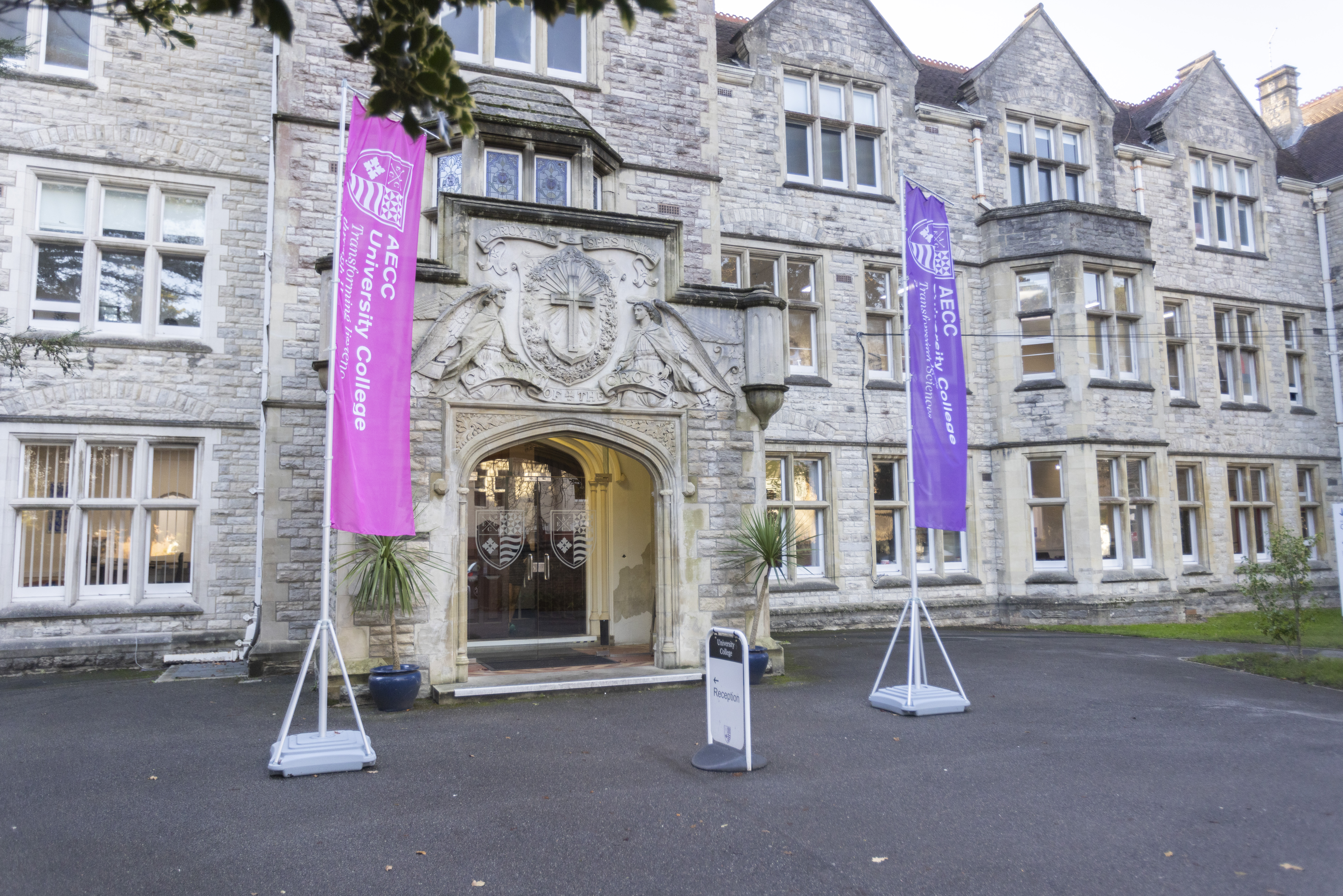 18/04/24
18/04/24
 18/04/24
18/04/24
AECC University College
Parkwood Campus
Parkwood Road
Bournemouth
BH5 2DF